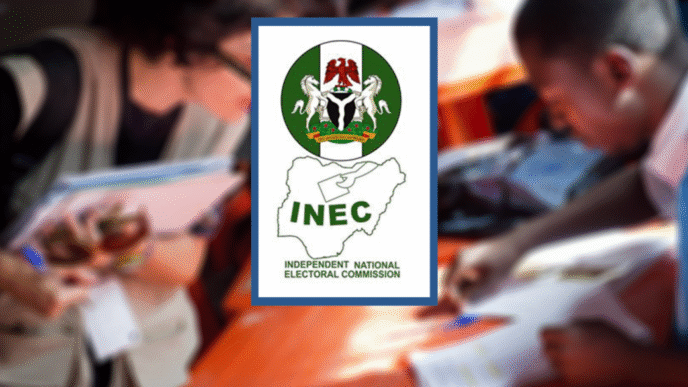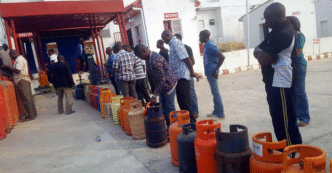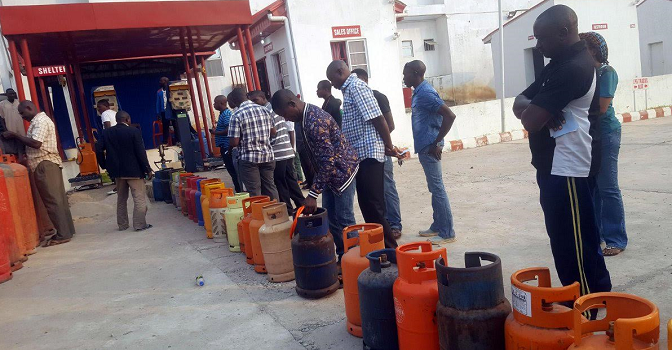The industrial tension in Nigeria’s university system is set to escalate again as the Senior Staff Association of Nigerian Universities (SSANU) and the Non-Academic Staff Union of Educational and Associated Institutions (NASU) have announced a one-day nationwide protest for Thursday, October 10, 2025.
Acting under the umbrella of the Joint Action Committee (JAC), both unions said the protest became necessary following the Federal Government’s continued failure to meet their long-standing demands despite repeated engagements and expired ultimatums.
According to a statement issued on Tuesday, JAC directed all SSANU and NASU branches across the country to hold joint emergency congresses on Wednesday to mobilise members ahead of Thursday’s mass action. The protest is expected to feature campus-wide marches, placard displays, and press briefings at various university and inter-university centres.
Background to the Impasse
The decision to embark on the protest followed a comprehensive review of government actions—or lack thereof—during JAC’s national meeting held on October 6 in Abuja. The unions said the review showed that the Federal Government had not demonstrated any commitment to addressing their grievances, even after several letters, meetings, and deadlines.
For months, SSANU and NASU have accused the government of insensitivity and neglect, pointing to unresolved issues surrounding salary arrears, withheld allowances, promotion arrears, and discrepancies in the implementation of the Integrated Payroll and Personnel Information System (IPPIS).
In particular, the unions are demanding payment of four months of withheld salaries following the 2022 nationwide strike, payment of earned allowances, improved welfare packages, and reinstatement of workers allegedly victimised for participating in union activities.
JAC’s spokesperson, who addressed journalists after the meeting, lamented that the government had “continued to take non-teaching staff for granted,” warning that Thursday’s protest was only the first step in a larger plan to “reclaim the dignity of university workers.”
Government’s Promises and Unfulfilled Commitments
This latest round of agitation underscores a recurring pattern in Nigeria’s tertiary education system, where unions frequently accuse the government of signing and subsequently abandoning agreements. The Joint Action Committee’s grievances are rooted in a Memorandum of Understanding signed with the Federal Government in February 2021, which, according to the unions, has been implemented only partially.
Among the unfulfilled commitments are the renegotiation of the 2009 FGN/NASU and FGN/SSANU Agreements, improvement of working conditions, and the harmonisation of retirement benefits for non-teaching staff with their academic counterparts.
Additionally, the unions have repeatedly raised concerns about the exclusion of their members from certain government welfare initiatives, especially those targeting staff welfare and salary adjustments within the university system.
“Each time we suspend action in good faith, the government fails to honour its part of the bargain. This time, we are saying enough is enough,” a senior NASU official said. “We have given ultimatums, we have sent reminders, and we have attended conciliatory meetings—but nothing concrete has come out of it.”
Implications for University Operations
The planned protest is expected to affect administrative, security, and maintenance operations across federal and state universities, as SSANU and NASU represent non-teaching staff responsible for vital functions that keep campuses running smoothly.
From bursary departments to registry offices, libraries, and laboratories, non-academic staff play critical roles in supporting academic and research activities. The disruption caused by Thursday’s protest could therefore create temporary paralysis in several institutions.
Some university managements, anticipating the unrest, have begun issuing internal circulars urging calm and encouraging dialogue. However, many SSANU and NASU chapters have already begun mobilising members and printing banners ahead of the planned demonstrations.
JAC’s Warning: More Actions to Come
The Joint Action Committee made it clear that the Thursday protest is only a precursor to more sustained actions if the government fails to respond. According to the communiqué released after its October 6 meeting, the unions will not hesitate to declare an indefinite strike after the protest if their demands continue to be ignored.
“The Thursday protest is symbolic—it’s a message to the government that our patience has run out,” the communiqué stated. “We shall not hesitate to escalate our actions until justice is done to all non-teaching university workers.”
The unions also expressed frustration over the lack of communication from the Ministry of Labour and Employment and the Ministry of Education, accusing them of “deliberate silence” in the face of legitimate labour concerns.
Students and Public Reactions
Reactions from students and education stakeholders have been mixed. While some sympathise with the unions’ plight, others worry that renewed industrial actions could further disrupt academic calendars already stretched by previous strikes and infrastructural challenges.
A student leader at the University of Nigeria, Nsukka, told reporters that the protest, though understandable, could cause administrative delays in transcript processing, hostel management, and exam preparations.
“Every time these unions protest, students end up suffering too. But at the same time, their demands are legitimate. We just hope the government listens this time,” he said.
Parents’ associations and education advocates have also called for urgent government intervention to prevent another prolonged crisis in the sector. The National Parent-Teacher Association of Nigeria (NAPTAN) urged both parties to resume talks immediately and avoid actions that would “inflict more pain on students and families.”
Wider Labour Context
The SSANU and NASU agitation comes amid growing discontent across Nigeria’s labour sector. Several unions—including the Nigeria Labour Congress (NLC) and the Trade Union Congress (TUC)—have recently clashed with the government over fuel subsidy removal, inflation, and wage review.
Analysts say the planned protest by JAC reflects a broader crisis of trust between organised labour and the federal authorities. “The recurring industrial unrest within the education sector points to a deeper governance issue,” said Dr. Moyo Adegbite, a labour relations expert. “When agreements are not honoured, the unions lose faith, and disruption becomes inevitable.”
Looking Ahead
With the Thursday protest now confirmed, all eyes are on the Federal Government to see if it will make any conciliatory moves to avert further escalation. Officials at the Ministry of Education have yet to issue a formal response, while the Office of the Head of Civil Service and the National Universities Commission have also remained silent.
As tensions rise, many Nigerians are calling for a pragmatic resolution that balances fiscal realities with the welfare of workers who form the backbone of the university system.
For SSANU and NASU members, Thursday’s protest is not just another round of agitation—it is, as one union leader put it, “a cry for fairness, recognition, and respect.”
Whether the government responds constructively or allows another wave of unrest to sweep across Nigeria’s campuses remains to be seen. But one thing is certain: the discontent brewing among non-academic university workers is a warning signal that the nation’s fragile education system cannot afford to ignore.














